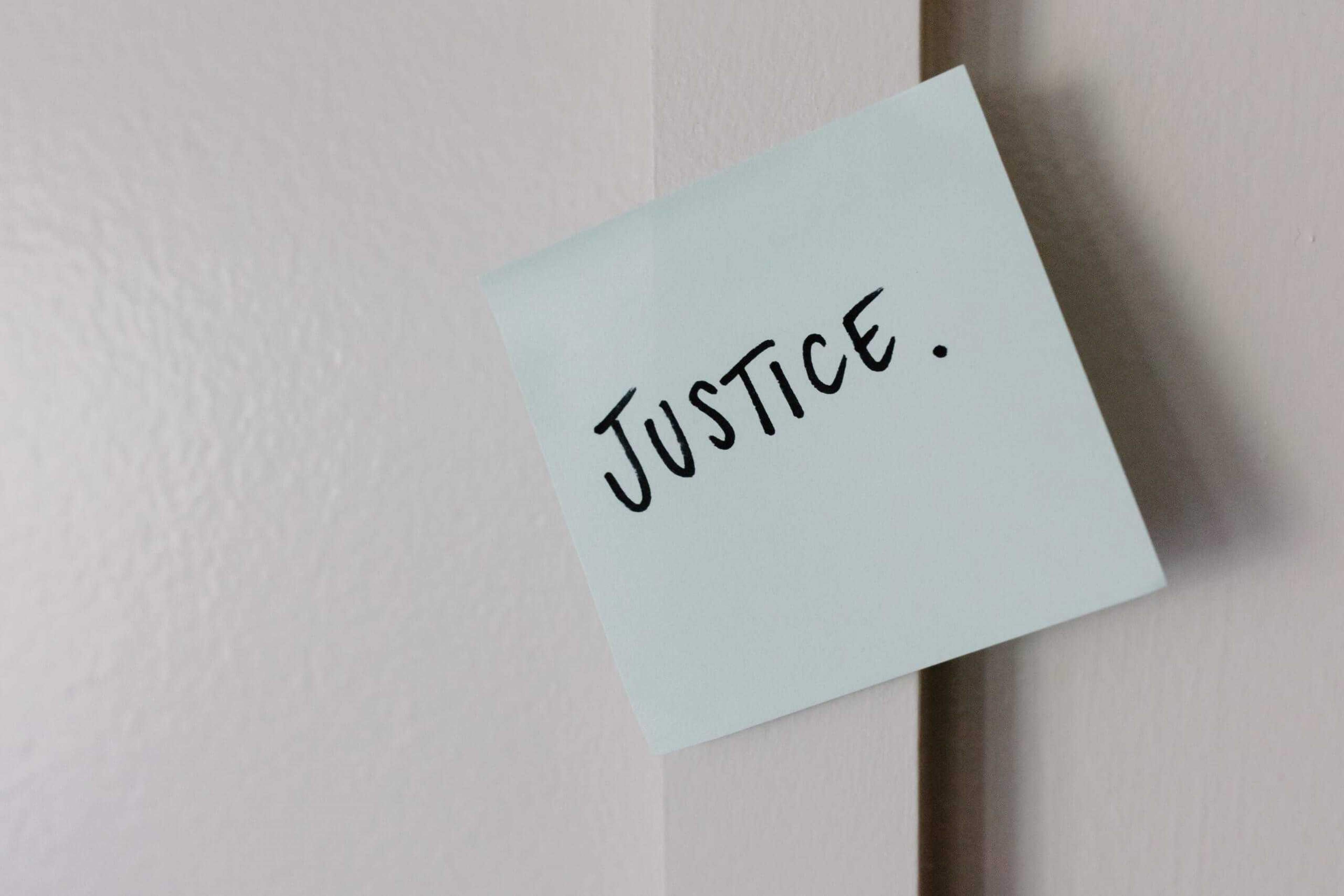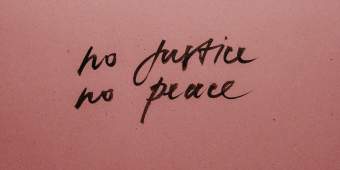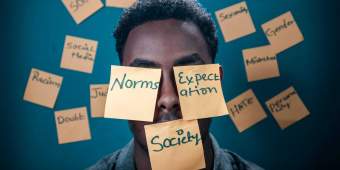This is the first segment of a series that will highlight our current Diversity, Equity, Inclusion and Belonging (DEIB) initiatives and the leaders on our team who make them happen.
As we begin, it feels important to acknowledge that this is just a piece of an ongoing conversation that’s happening at TXI and in workplaces all over the country, and we’re just getting started with our DEIB mission, which Kara Carrell has been instrumental in shaping.
Kara is a Black queer software engineer and the Community Engagement Chair at TXI.
We recently spoke with Kara about how she came to TXI and her work leading Community Engagement.
Note: This interview has been edited for length and clarity.
What brought you to TXI?
I’m a career changer who has a background in nonprofit tech sector work focused on technology, youth and education, so a lot of the work I was doing previous to my time as a software engineer was in all of those spaces, and much of it involved community.
I became familiar with TXI when I was teaching at Code Platoon, which is a dev Bootcamp for Veterans (I’m not a veteran). TXI volunteered with Code Platoon to help think about the process of doing Agile work and design thinking, and I really appreciated the way that they approached those lessons.
I talked to different folks who worked there, and they encouraged me to apply for an open position. I went through their apprenticeship program because I wanted to dive into this work as a developer wholly while having the space to learn and grow, which an apprenticeship lends itself to.
The dynamics of the teams I was on and the group itself as a whole was one where I grew to feel comfortable saying, “We should try these things'' or “This is how X affects Black folks.”
I feel like my career at TXI has grown in its technical path and in growing the company to be more aware and act on the focus of doing justice-focused work.
How did you become the Community Engagement Chair and what are you working on?
We’ve grown in that work as I’ve grown at the company. Before 2020, we had a small DEIB group that met once in a while to talk about things we could do, but 2020 fast-tracked that work for us, as it did for many companies.
We had already created a roadmap for what we wanted to do as a DEIB group and what happened in 2020 actually fueled the legitimacy of what we were doing from a leadership and strategy perspective.
But it also raised a lot of questions: What does it mean for us to be engaging with “community”? The work we were doing was almost primarily internal. But if we want to do stuff externally and engage with the community directly, what does that look like? Who's going to do that work? How will that shift what we do internally? What does “engagement” mean?
So, we created an internal role to lead this work: Community Engagement Chair. I applied because I thought I was already doing that work without having a title, given my dedication to connecting my work to the community and my organizing background.
We didn’t just want to throw money at problems. We wanted to be intentional and not reactionary, and we’re starting to do that work now to answer tough questions:
- How is it that we want to engage? What does that mean?
- What do we care about?
- How are we going to understand all the nuances of the spaces and groups we engage with?
- How can we ensure we’re being intentional rather than reactive?
- What does it mean to imagine a better way of doing that?
We haven’t cracked the code, but we know we want to do long-term funding and build relationships that don’t put pressure on groups, give them more labor, or put a burden on them that takes away from the work they do.
Even defining this much allows us to better understand what our relationship is as a tech company that wants to support a justice-oriented organization. If money is the only thing that will do well by them, then that’s what we’ll do, in a silent but supportive way.
What have you been working on as chair in the past year?
Creating that narrative and disseminating it to leadership. Lloyd, our Interim Equity Officer, is working on that too.
The DEIB team has gotten a lot more resources and capability to be more methodical in doing our work. It's an investment by the company. In explicit terms, that means I can bill my hours to the company for doing this work and it’s not something that I have to do after hours.
That commitment has taken us really far this past year. Building documents to get everyone on the same page, doing volunteer work and creating conversations to show up for each other in more inclusive ways. It helps us have the space to call each other out and have difficult conversations that help us move to better places.
To focus our efforts, we thought a lot about where the staff found momentum in the past and found three things:
- Racial justice. This was the primary focus of 2020. We didn’t want to just donate to Black Lives Matter without thinking about what we’re doing. We wanted to look at TXI and our work with a racial justice lens. For example, how do we make sure we understand what white supremacy culture is and the way it's already been a part of how the organization was created? How do we dismantle that and be more frank about those conversations?
- Disability justice. This focus came out of the passion and commitment people on our team feel about accessibility work. One of our clients is also focused on serving disability communities and we wanted to make sure we support them and continue to build on that knowledge from that relationship, and I wanted to put a justice lens on that to say, okay, we’re not just talking about web accessibility, we’re talking about what it means to work at the pace at which we work and what accommodations do we make available internally and during the recruitment process. Focusing on disability justice expands our scope to engage with topics like that.
- Environmental justice. We’ve had a Green Team for a while that met regularly to talk about topics like energy, food waste, etc. things that were particularly important before we became a more distributed organization at the start of the pandemic. In our office, we had a chef, bought food and ate together. We adopted this area of focus as a committee to ask questions about how behaviors are impacting the environment and how we can dismantle those things.
The goal of selecting these focus areas was to translate what we’re already passionate about into systems that we’re engaging with in lots of different ways.
The justice-focused lens moves us towards a more active path and not just staying in a space of awareness. That’s where a lot of folks get stuck. I wanted the work that we do to be more actively based.
Can you tell us about the external side of this DEIB work?
My current push is to further explore what external community means: is it tech, design and community-focused orgs in Chicago?
We increasingly talk about what it means for us to speak about community outside of our organization. We see how other companies say what they want to do, and then do things that actually don’t support the communities, and we are preemptively working on doing things that actually support communities like hiring, onboarding, and retention.
Like much of the tech community in general, there are many ways we can be more inclusive, a lot of which is around language, both in code bases and communication more broadly.
We use Otter.ai to transcribe calls pretty consistently, so we’re not waiting until we have someone that is primarily using that for their communication. It shouldn’t be a learning opportunity for us to have disabled folks be a part of our meetings. It should be standard to expect that accommodations are always available.
We’re taking a lot more serious measures around accessible coding so that is a more consistent part of our work as developers. We’re thinking about our environmental impact with the servers we use and the power that takes. We ask these questions as we design and take time to ask, guide and educate clients, if they weren’t considering these types of impacts before.
We’re also engaging with organizations directly to build upon our understanding of racial justice, disability justice and environmental justice, with partnerships like the ones we’re building with orgs like InterAction Initiative and A11yChi Meetup Group. We’re able to lean on the expertise of the organizations within these movements to drive our knowledge and actions.
Is it hard to scale these DEIB efforts and the company simultaneously?
It’s happened pretty organically so far.
The goal isn’t to grow to a place where we don’t have or need a DEIB group. I think that there’s always room for a group to create further nuance and learning. We’re always learning and growing and messing up and creating new ways to communicate with each other about our understanding of ourselves and the world.
That space will always exist to create further nuance and understanding of that differentiation. In that way, as we scale, the destination isn't to remove that space or focus. We want everyone at TXI to show up for each other better, and that’s the most important thing.




